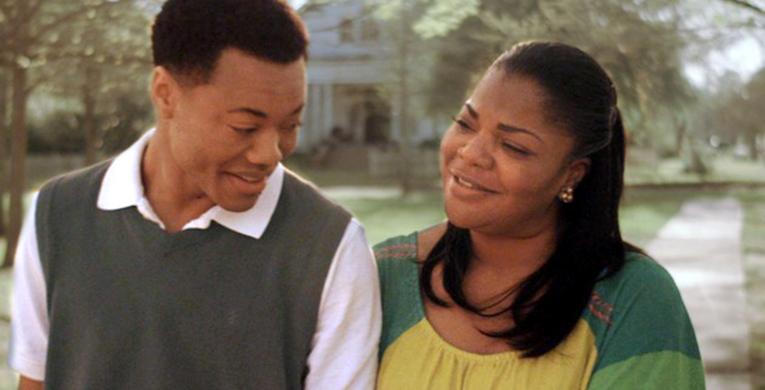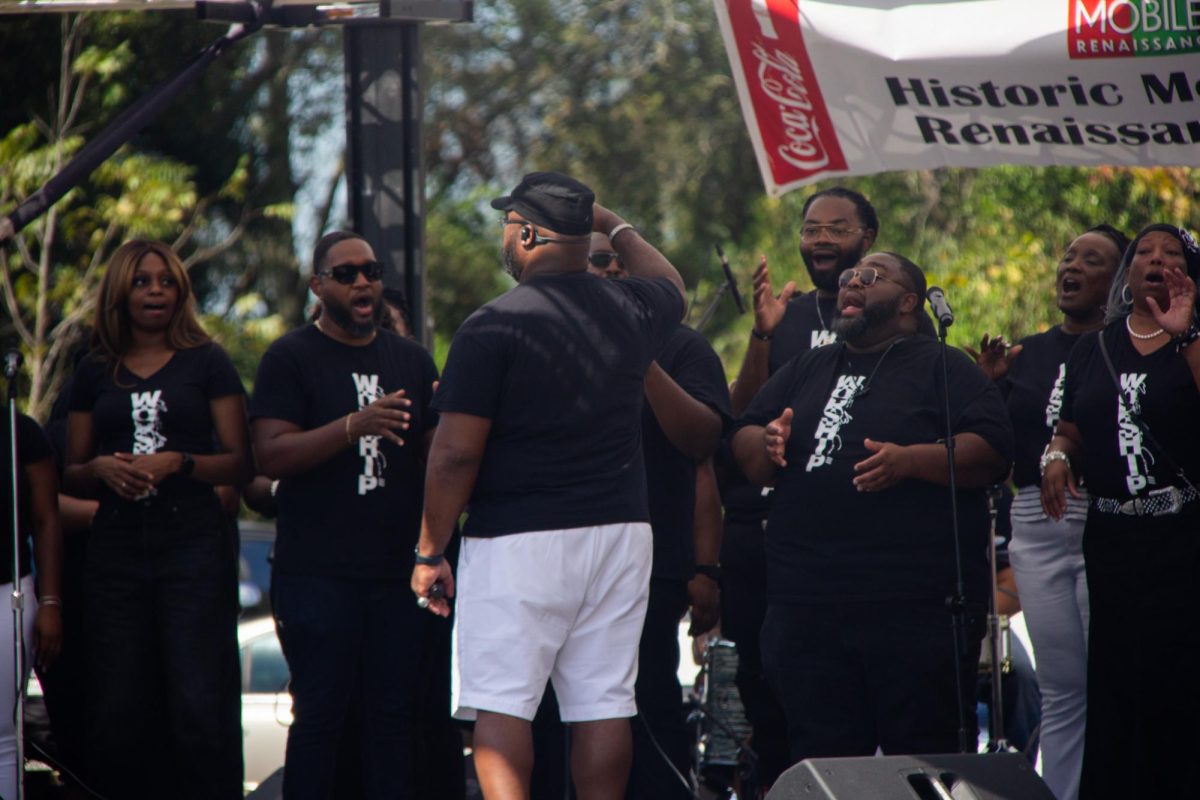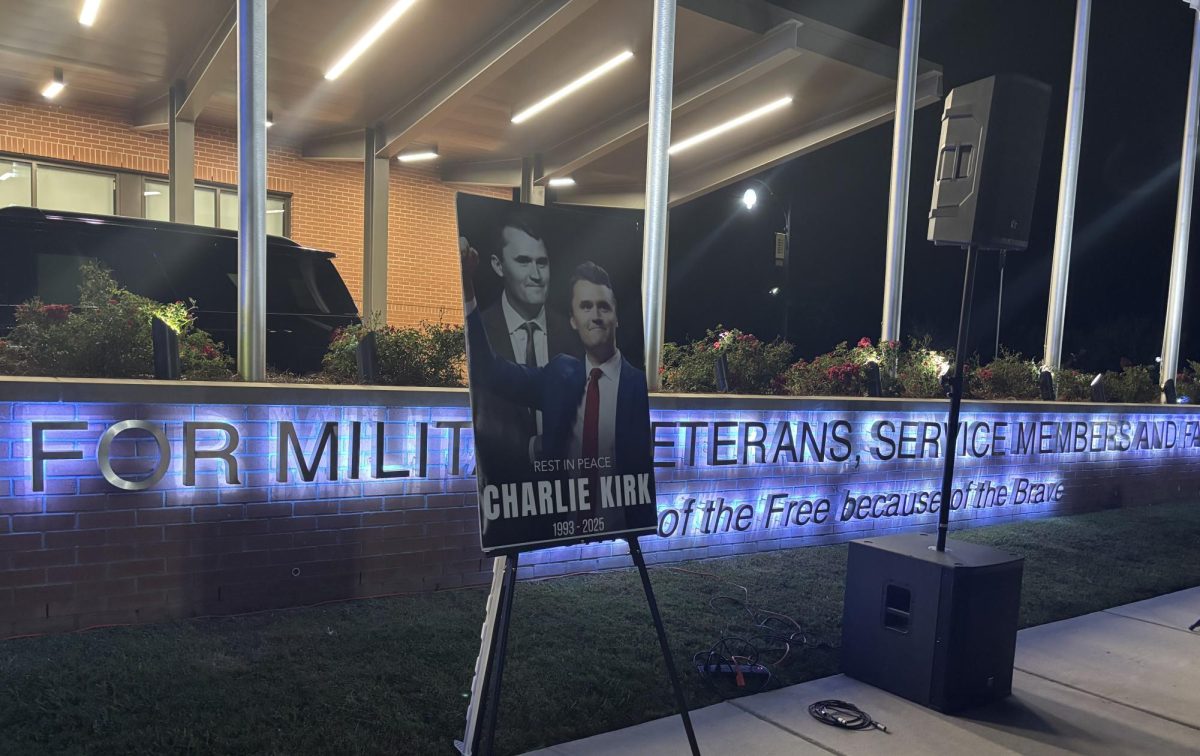
Courtesy Photo
Riding in his dad’s truck on a road in Germany, where his now retired military father was stationed, a young Julian Walker sang along to a copy of Britney Spears’ “…Baby One More Time” album, a gift from his father. He now recalls perfectly mimicking the lyrics to all of her songs.
He has always been a fan of music and television but never imagined his performing arts would take him to the big screen. Walker has gotten an interesting jump on his career, doing what some students can only dream of. He has starred in an award-winning independent film that features an Oscar-winning actress in the role of his mother.
Once back in the United States, Walker attended Hinds Community College in Jackson, his hometown, and there he received his associate’s degree. In January 2013, he made The University of Southern Mississippi’s Hattiesburg campus his college home, where he studies theater and media production.
Shortly after beginning the semester, he received an e-mail from a friend about a role in a film. “You’ll fit it perfectly,” Walker said he was told. “I don’t know,” he said, uncertain.
Using his MacBook’s camera, Walker recorded his audition for the role of Randy Rousseau, a troubled black high school senior, talented choir member and the main character in Patrik-Ian Polk’s “Blackbird.”
“My audition was so horrible,” Walker said, covering his face with his hands.
Seeing something in him, Polk e-mailed Walker, asking him to re-record his audition. “He gave me some really good pointers,” Walker said.
On a trip to Hattiesburg to scout shooting locations, Polk met Walker face-to-face for an audition. Contrary to Walker’s uncertainty, Polk told Out Magazine why he was fond of him.
“This kid I’ve never heard of – a (student) at The University of Southern Mississippi – submits himself, comes in and reads and he’s incredible,” Polk said. “He hasn’t had the time to develop a lot of the internalized homophobia that those of us who are a bit older grew up with.”
Polk described Walker as “openly gay and young and fabulous and poised to become the black Chris Colfer.”
“What am I going to do?” Walker asked himself, feeling doubtful after working over the script for days with Polk. “I probably won’t even get the role.”
A week before filming, Walker got the news that he would take on the main character. “I had to hurry up and learn a lot of stuff, and then he told me, ‘By the way, Mo’Nique is playing your mom, and Isaiah Washington is playing your dad,’” Walker said.
“Blackbird,” a coming-of-age story, explores homosexuality, race and religion in a southern Christian community.
Breaking into character was a unique experience. “In so many ways, I am Randy,” Walker said. “From dealing with things personally about himself and not understanding why certain things happen, to at times feeling like the blame, I can relate to Randy in more ways than one.”
Walker described the emotional journey as a roller coaster. “One minute you’re happy, then you have to cry,” he said. “You’re happy again, then you have to cry again.”
In an emotional scene, Mo’Nique’s character, Claire Rousseau, asked Randy, “Are you getting bored with God?”
“In certain ways he’s being judged by his mom, his father and the pastor,” Walker said.
“Randy’s mother kneels by his bedside, praying for him,” said Christopher Catchings, a senior media production major. “The things she asks God for are disturbing.” He ensures that you have met her character before.
“She’s your church member and your coworker,” he said. “You’ve met her, but you just didn’t know what was going on behind closed doors.”
“Viewers get to see what the overzealous Christian woman is like at home and how she raises her child,” Catchings said.
Blackbird marks Mo’Nique’s return to film after her Oscar-winning performance in “Precious.” Walker never imagined he would have this opportunity to make change. In the midst of the exciting and hectic experience, Walker realized this is what he wants to do for the rest of his life.
“A lot of people feel uncomfortable about themselves, from their sexuality to teen pregnancy, and it’s like everybody feels uncomfortable talking about it,” Walker said. He said that the message behind this movie is that no matter who you are, everyone should be loved.
































